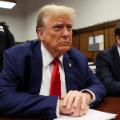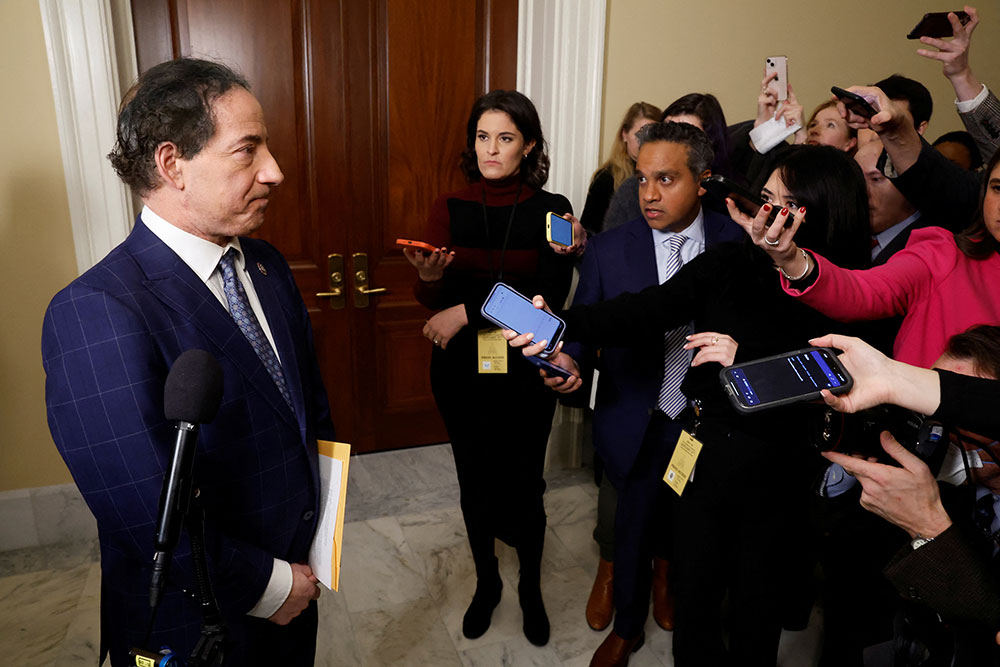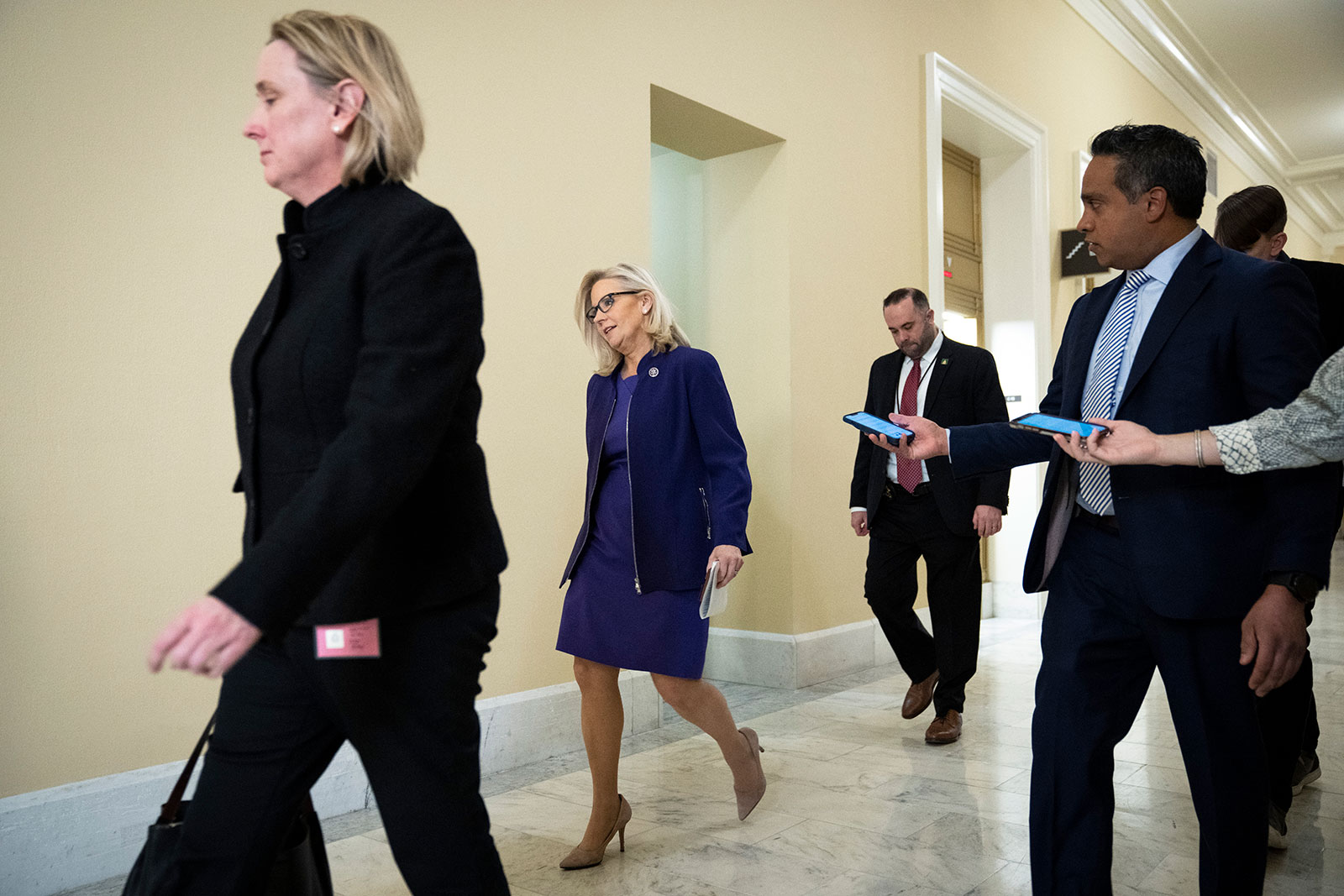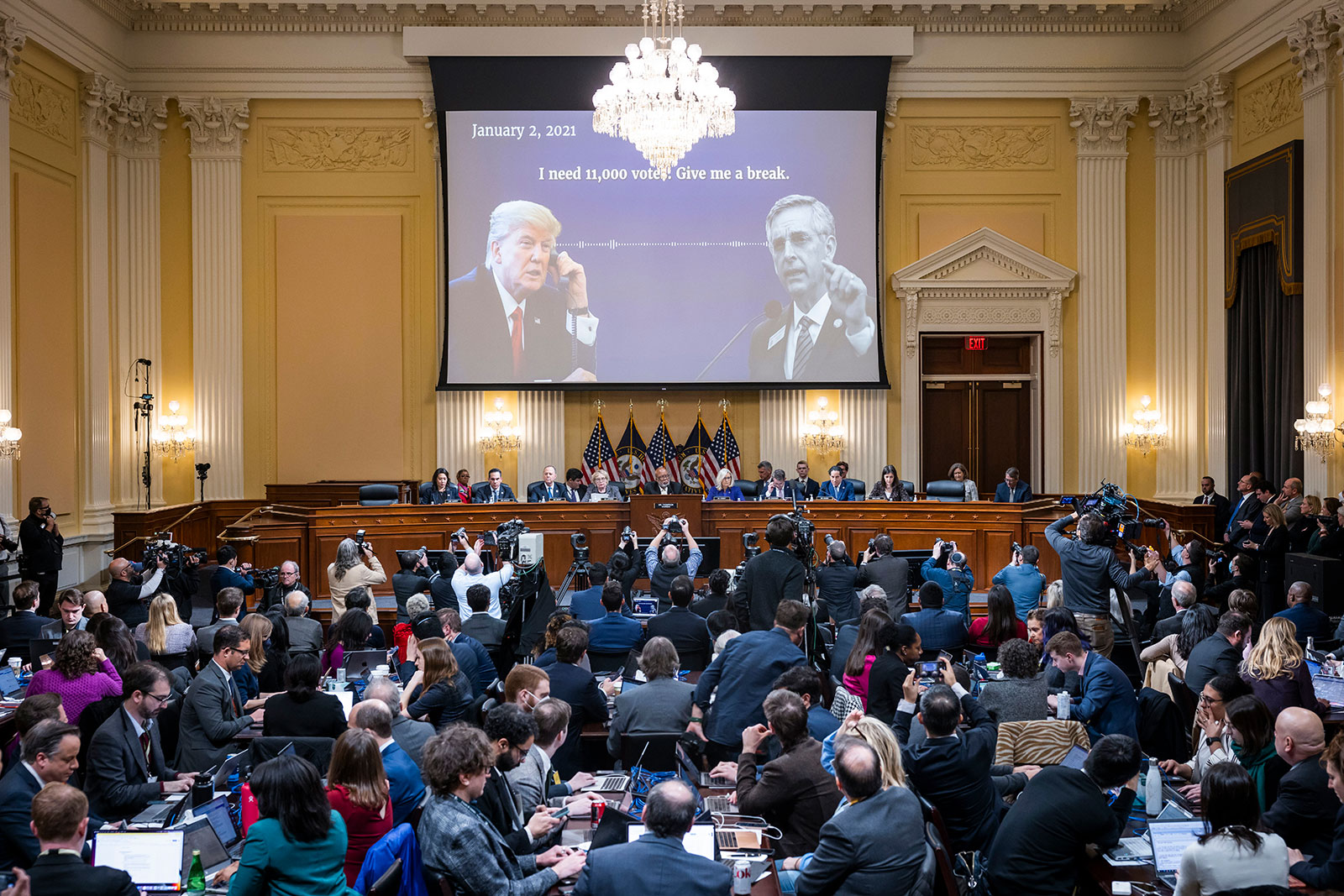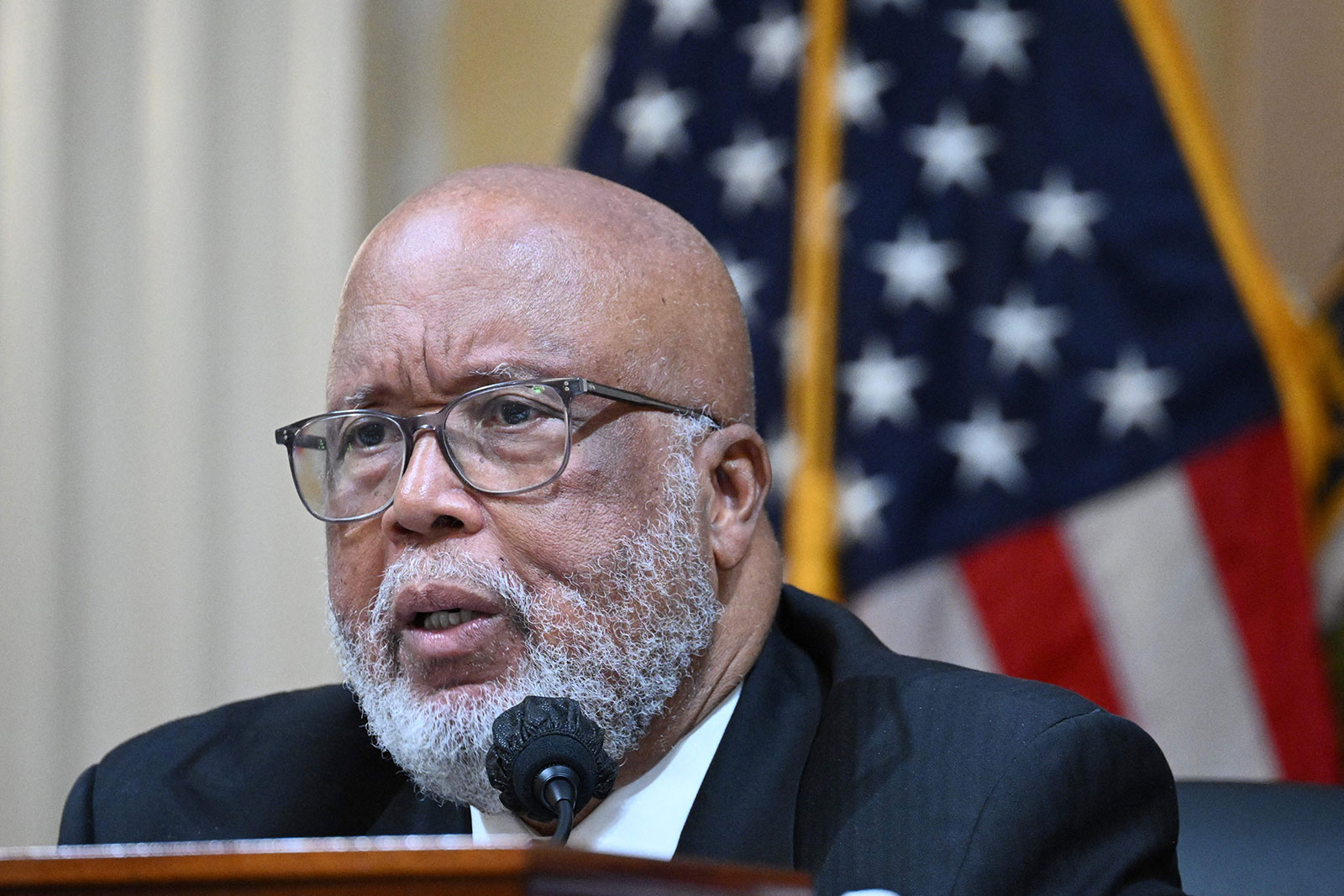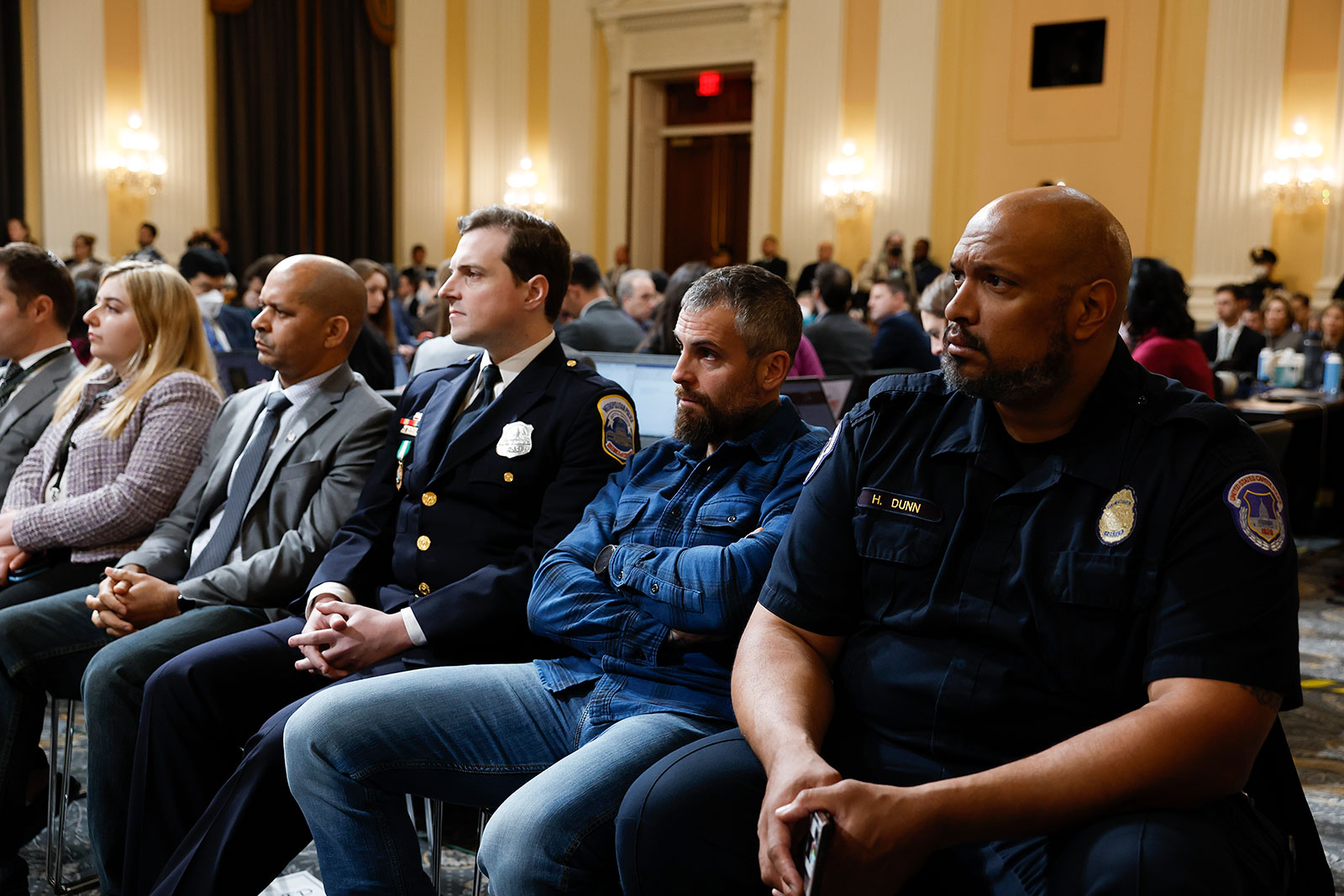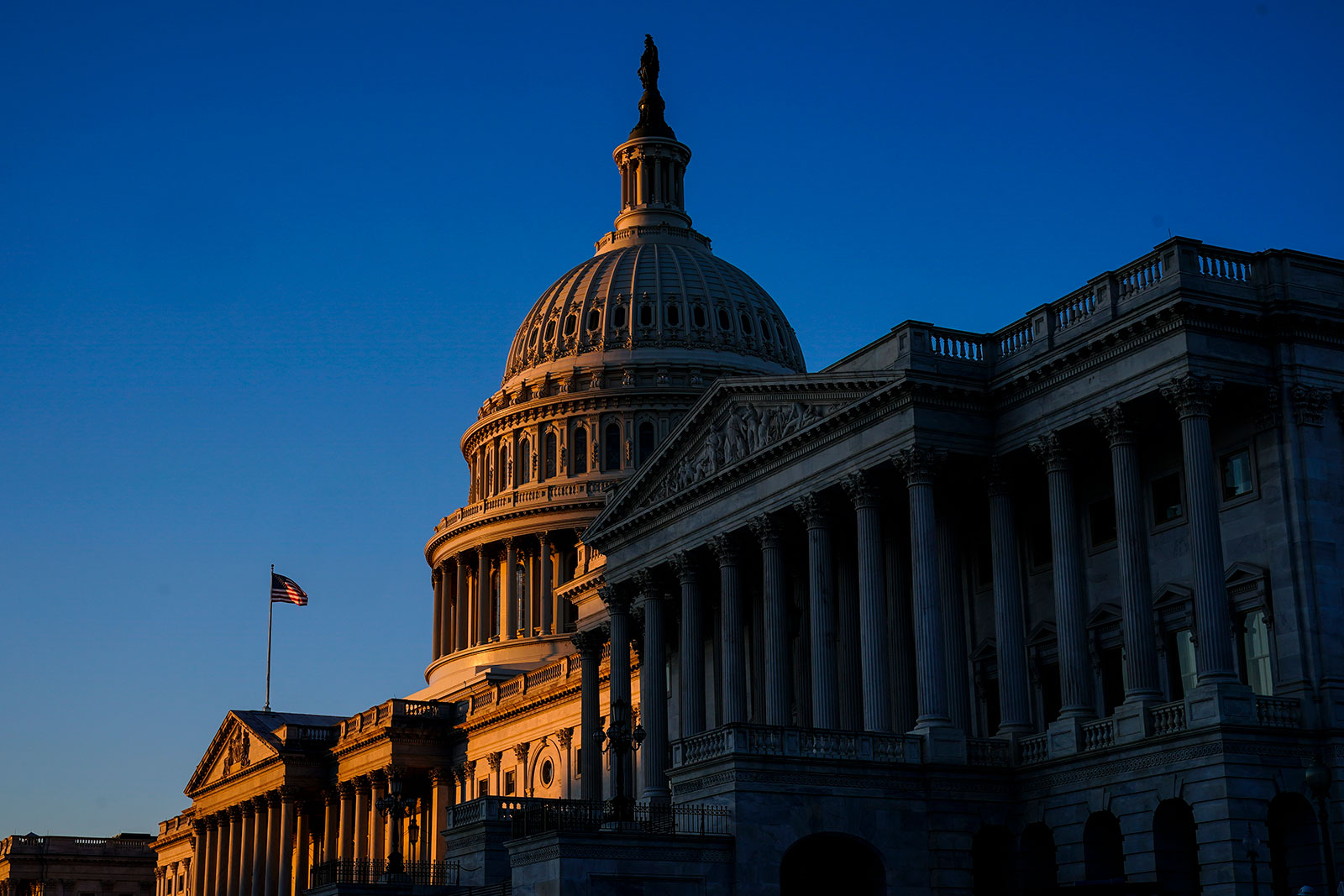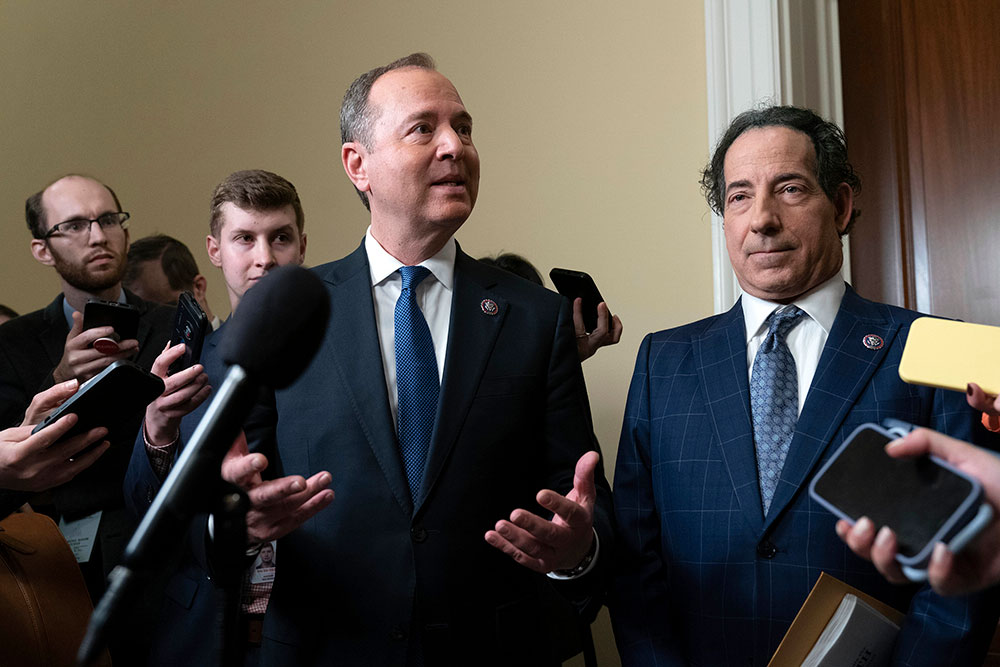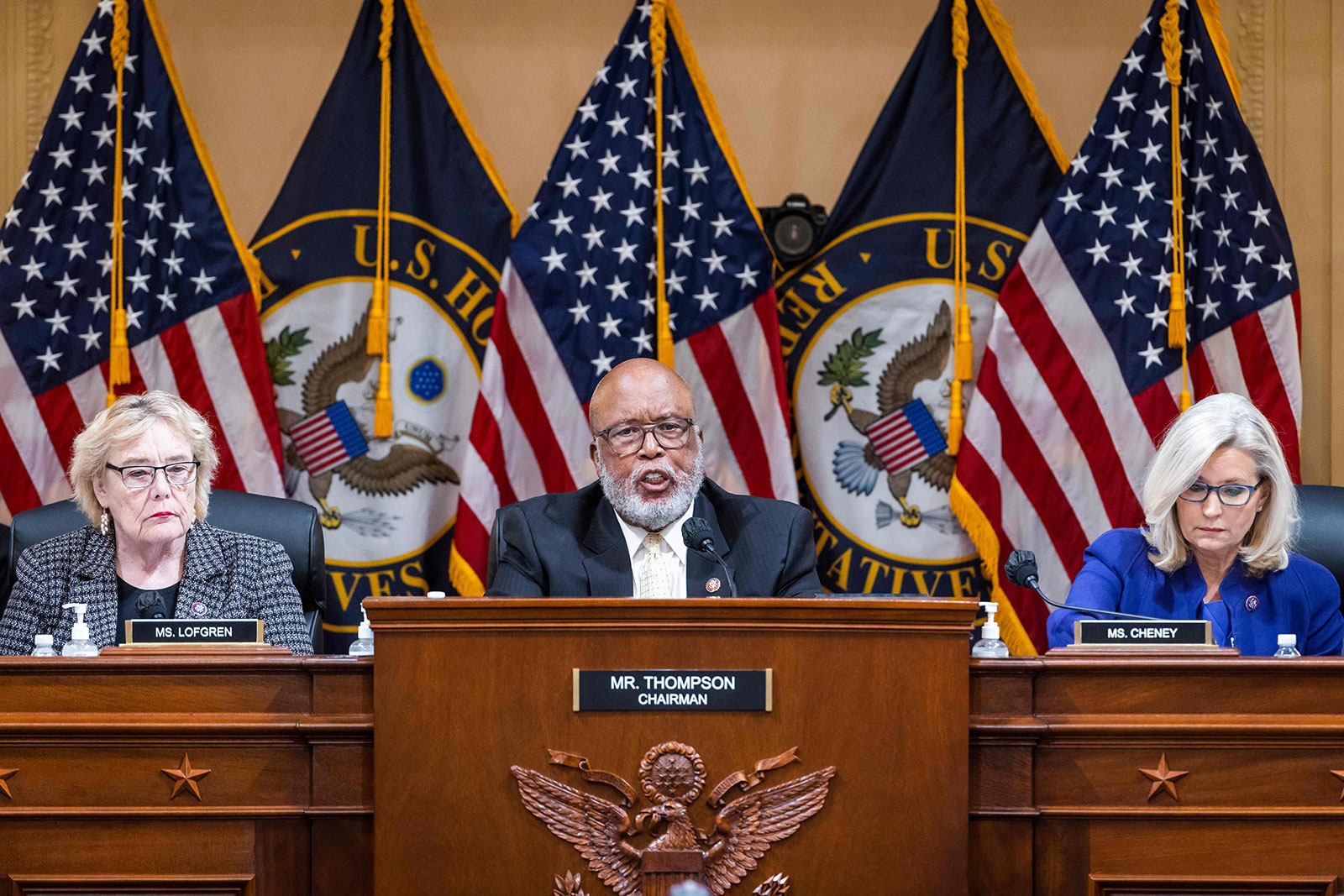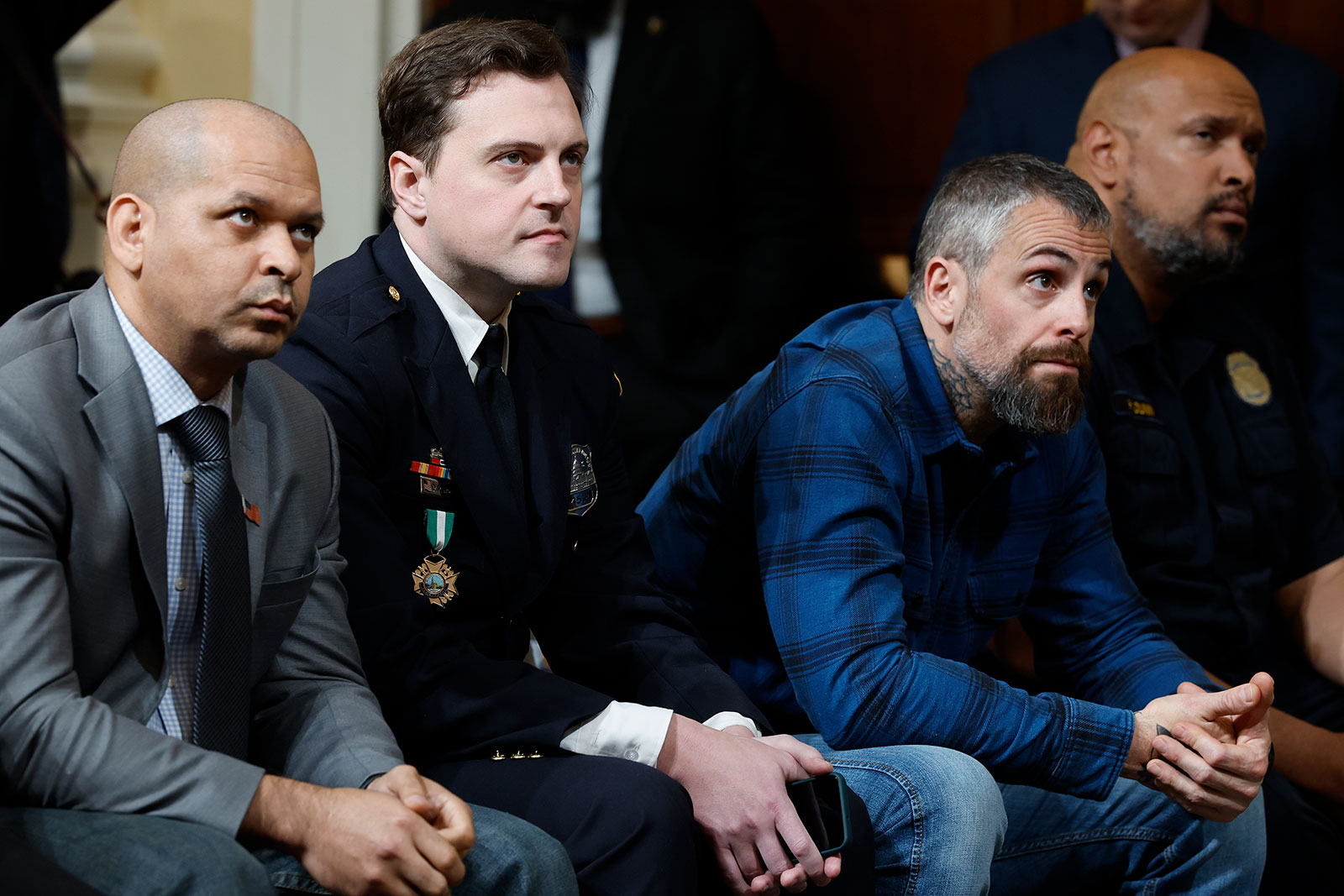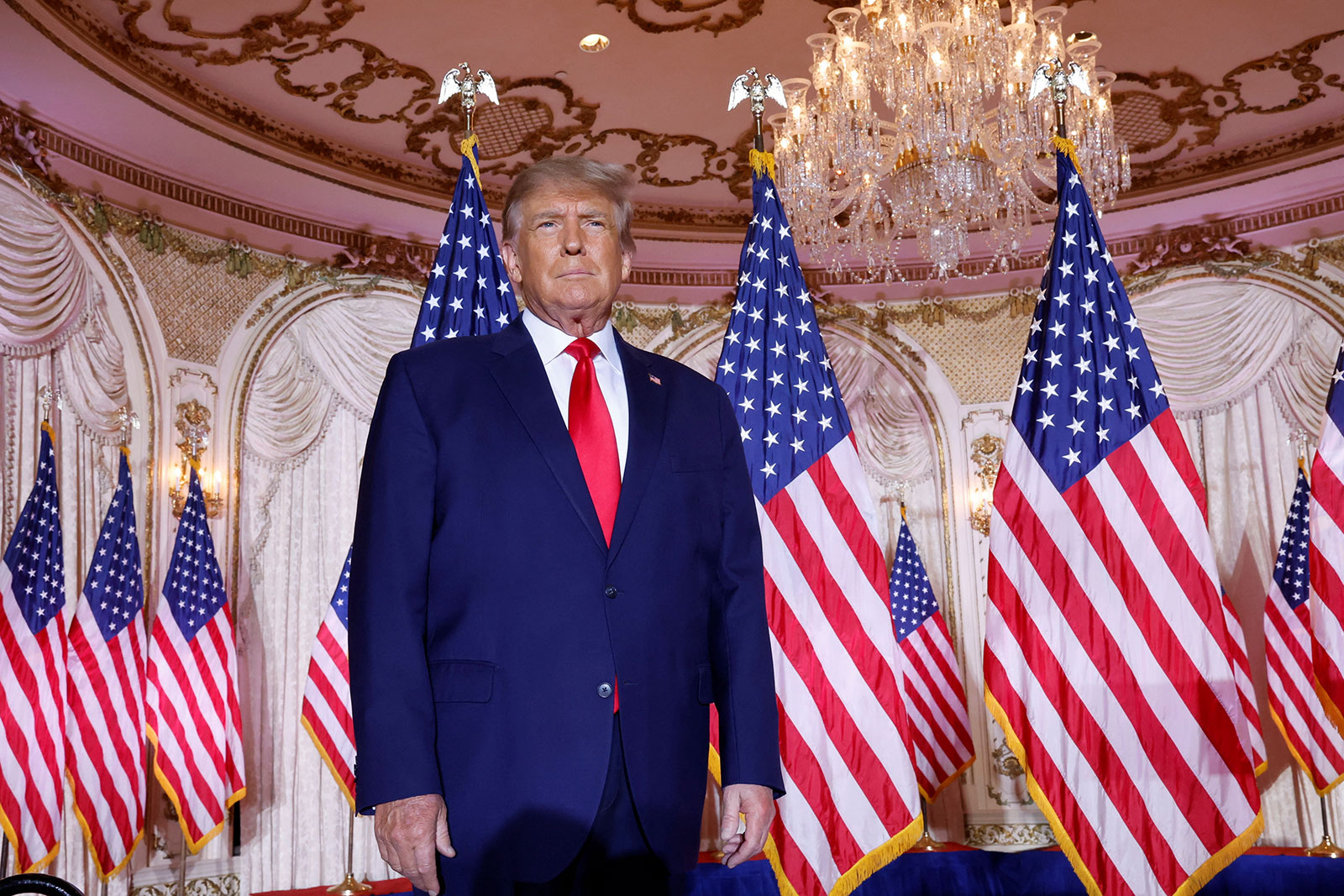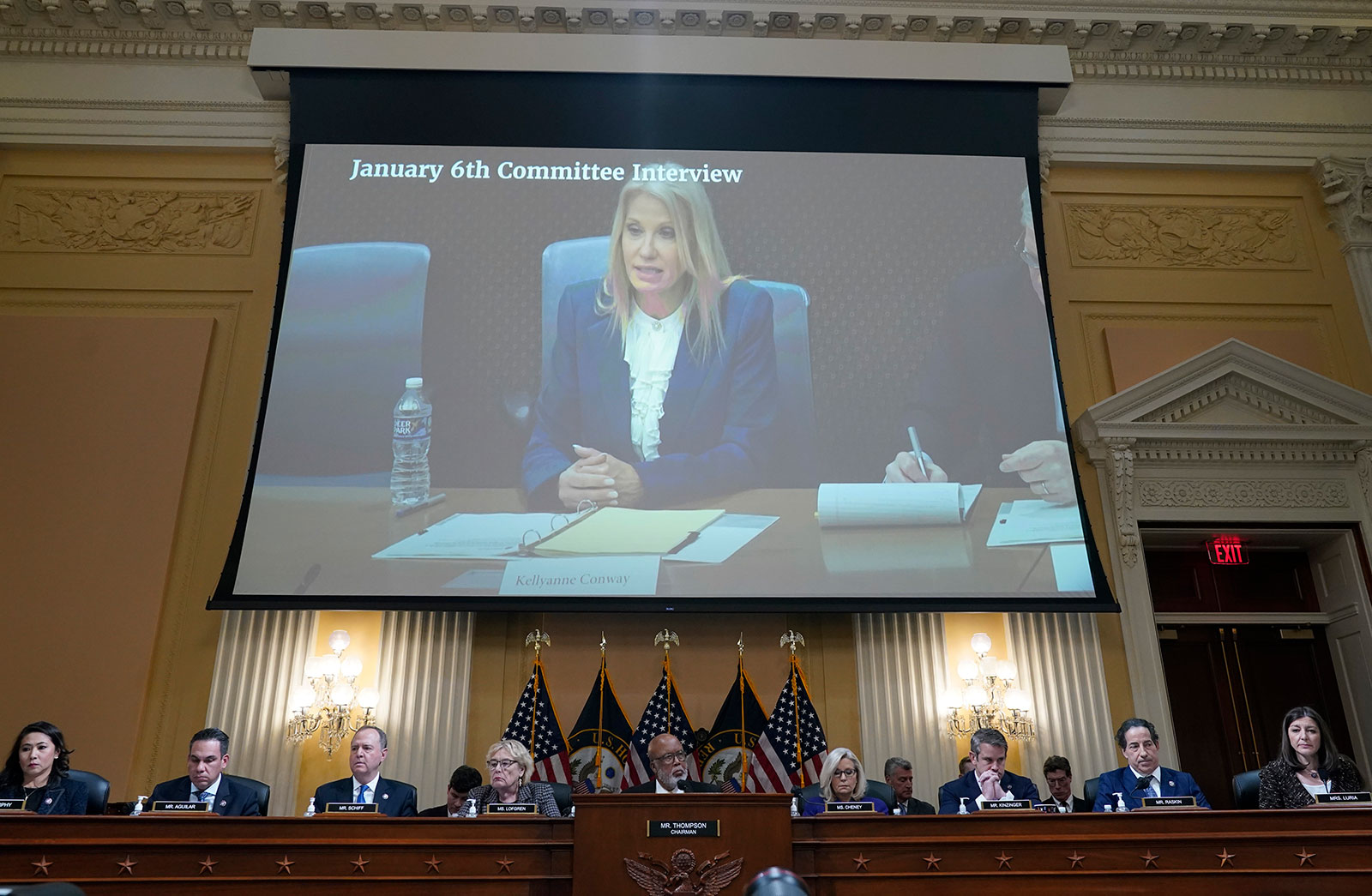For months, the Jan. 6 committee went back-and-forth over whether it would refer former President Donald Trump to the Justice Department for criminal prosecution. On Monday, the committee didn’t equivocate.
The committee referred Trump to the DOJ on at least four criminal charges, including:
- Obstructing an official proceeding
- Defrauding the United States
- Making false statements
- Assisting or aiding an insurrection
The panel said in its executive summary that it had evidence of possible charges of conspiring to injure or impede an officer and seditious conspiracy.
So what is a criminal referral? A referral represents a recommendation that the Justice Department investigate and look at charging the individuals in question. The House committee’s final report – to be released Wednesday – will provide justification from the panel’s investigation for recommending the charges.
In practice, the referral is effectively a symbolic measure. It does not require the Justice Department to act, and regardless, Attorney General Merrick Garland has already appointed a special counsel, Jack Smith, to take on two investigations related to Trump, including the Jan. 6 investigation.
But the formal criminal referrals and the unveiling of its report this week underscore how much the Jan. 6 committee dug up and revealed Trump’s efforts to overturn the 2020 election in the lead-up to Jan. 6. Now the ball is in the Justice Department’s court.
Committee Chairman Bennie Thompson, a Mississippi Democrat, said during Monday's meeting that he has “every confidence that the work of this committee will help provide a road map to justice, and that the agencies and institutions responsible for ensuring justice under the law will use the information we’ve provided to aid in their work.”
After the panel's meeting, Thompson told CNN that the evidence that supports the panel's decision to refer Trump to the DOJ is "clear," adding that he is "convinced" that the department will ultimately charge Trump.
CNN's Tierney Sneed contributed reporting to this post.


